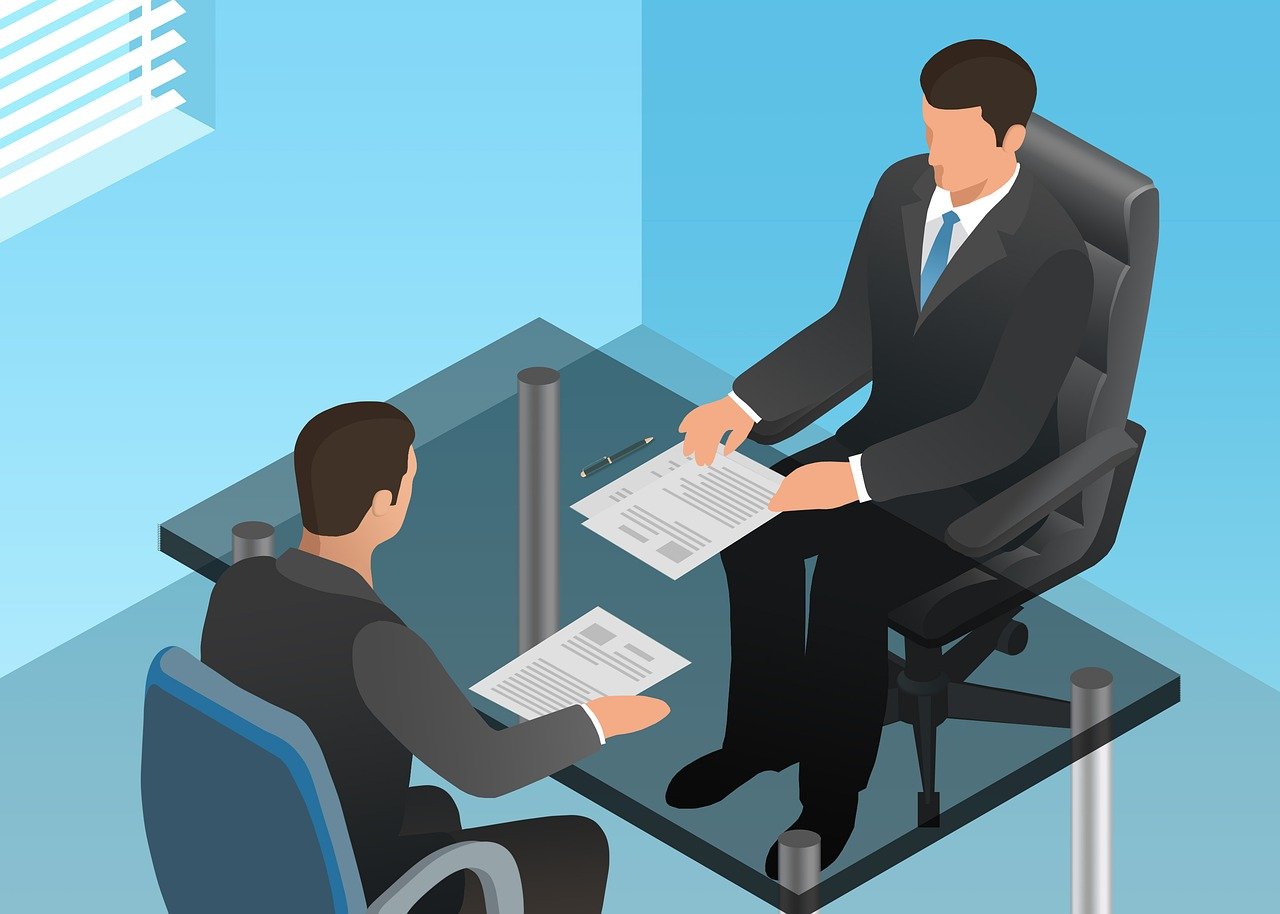Are you an aspiring HR professional or simply interested in learning more about the field of human resources? Do you want to develop the essential skills needed for success in this dynamic and fast-paced industry?
In this guide, we will provide you with a comprehensive toolkit that covers the key skills and competencies required for a successful HR career. From communication and problem-solving to recruitment and employee development, this guide has got you covered!
Communication Skills
Effective communication is crucial in any professional setting, but it is especially important in HR. As an HR professional, you will be constantly communicating with employees, managers, and other stakeholders within the organization. Therefore, having strong communication skills is essential.
Some key communication skills that you should develop include:
- Active listening: This involves actively paying attention to what others are saying and understanding their needs and concerns.
- Verbal communication: This includes speaking clearly and effectively, and using appropriate tone and language for different situations.
- Written communication: As an HR professional, you will often need to communicate through written channels such as emails, reports, and policies. It is important to be able to write clearly and concisely.
- Non-verbal communication: This includes body language, facial expressions, and tone of voice. It can greatly impact how your message is perceived by others.
To improve your communication skills, practice active listening, take courses on effective communication, and seek feedback from colleagues.
Problem-Solving Skills
As an HR professional, you will encounter various challenges and problems daily. Therefore, having strong problem-solving skills is essential for success in this role.
Some key problem-solving skills that you should develop include:
- Critical thinking: This involves analyzing information objectively and making decisions based on evidence.
- Creativity: As an HR professional, you will need to come up with innovative solutions to complex problems.
- Decision-making: This involves evaluating different options and making a sound decision based on the available information.
To improve your problem-solving skills, seek out opportunities to solve real-life problems, take courses on critical thinking and decision-making, and practice brainstorming techniques.
Recruitment and Selection Skills
One of the key responsibilities of HR professionals is to attract, hire, and retain top talent for their organizations. To do this successfully, you will need to develop strong recruitment and selection skills.
Some key recruitment and selection skills that you should develop include:
- Sourcing candidates: This involves finding potential candidates through various channels such as job boards, social media, and referrals. Other options include hosting job fairs and attending networking events.
- Interviewing: Conducting effective interviews is crucial in selecting the right candidate for a role. This involves asking the right questions, actively listening, and assessing candidates’ skills and qualifications.
- Assessment: To ensure you are selecting the most suitable candidate, you may need to conduct various assessments such as personality tests or skills tests.
- Employment law knowledge: As an HR professional, you will need to be familiar with employment laws and regulations to ensure fair hiring practices.
To improve your recruitment and selection skills, take courses on recruitment and employment law, stay updated on industry trends, and seek mentorship from experienced HR professionals.
Employee Development Skills
Employee development is a crucial aspect of HR. As an HR professional, you will be responsible for creating and implementing training programs to help employees develop new skills and advance in their careers.
Some key employee development skills that you should develop include:
- Training design and delivery: This involves creating effective training programs that align with the organization’s goals and employees’ needs. Learning designers, instructional designers, and learning and development specialists often specialize in this area.
- Coaching and mentoring: As an HR professional, you may be involved in coaching and mentoring employees to help them reach their full potential.
- Performance management: This involves setting goals, providing feedback, and evaluating employee performance. It is important to have a fair and effective performance management process in place.
To improve your employee development skills, take courses on training design and performance management, observe effective coaches and mentors in action, and seek opportunities to lead training sessions.
Conclusion
In this guide, we have covered some essential skills for success in HR including communication, problem-solving, recruitment and selection, and employee development. However, the field of human resources is constantly evolving, and there may be other skills that are becoming increasingly important in today’s workplace. It is important to stay updated on industry trends and continuously develop your skills to remain competitive in the field.
We hope this guide has provided you with a solid foundation to start your journey towards a successful HR career. Now it’s time for you to take action and apply these skills in your day-to-day work. Remember, practice makes perfect!
